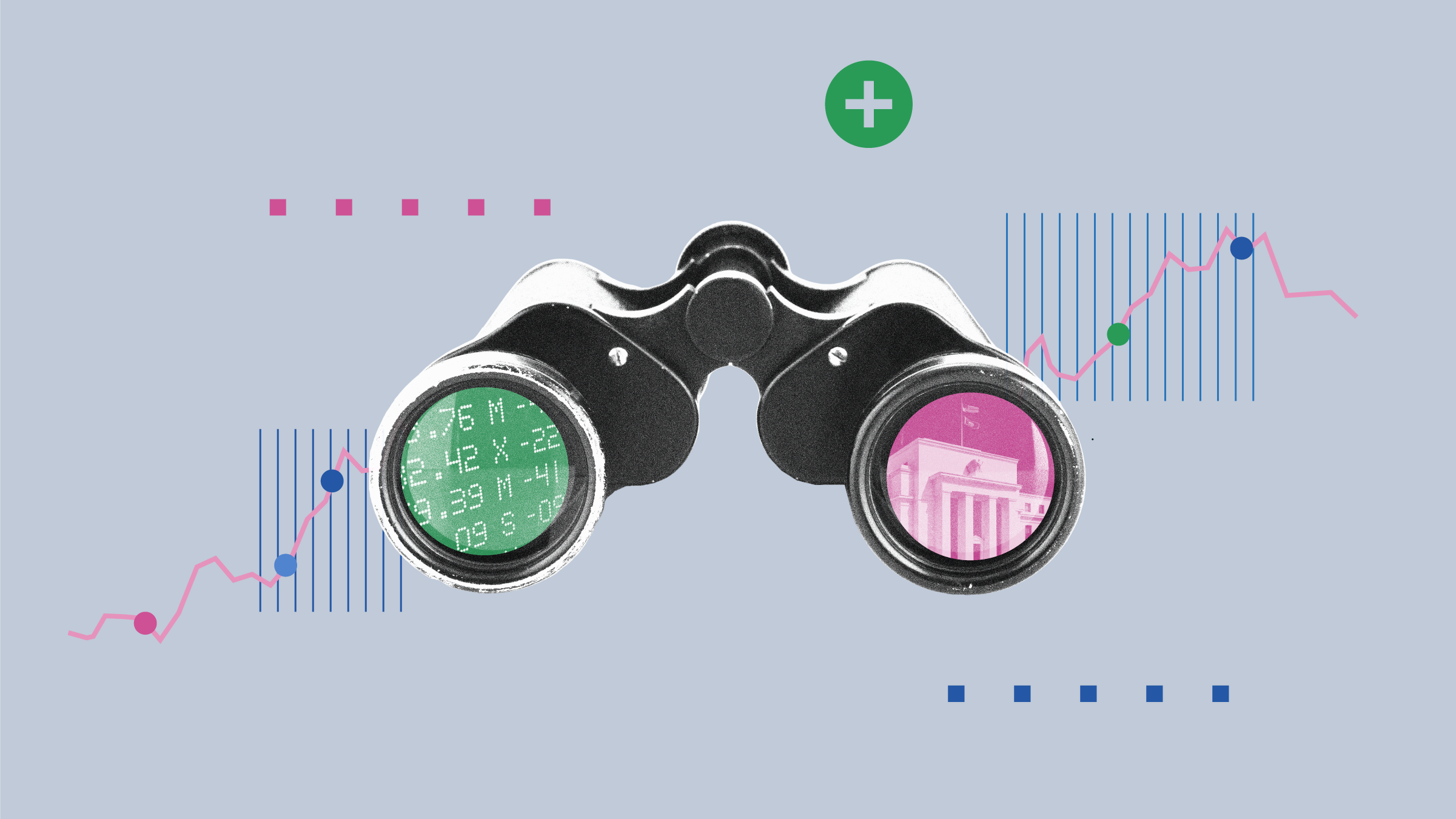
International Women’s Day provides us the chance to reflect on all that we have achieved over the past century. We have so much to be proud of. In 2022, there are so many more female leaders to point to at the helm of Fortune 500 companies as well as the highest levels of government around the world.
There has never been a important time take stock of our past, and to determine where women will need to go next. We are at an inflection point. The pandemic has set women back as more and more wopt out of the workforce and struggle with the overwhelming demands of children and elderly parents – causing what many have dubbed a “she-cession”. The long-term effects will not be fully calculated for many decades. In fact, if gender equity polices prior to the pandemic remained intact in the workforce, women were not going to achieve parity for another 257 years.
The Intangible Financial Costs
There are intangible costs of being a woman and these need to be identified so that we can continue to work to overcome them. One of the biggest financial threats of being a woman is the cost of gender discrimination and its impacts on a women’s psyche. We may never be able to fully put a price tag on the long-term effects of gender discrimination and the consistent toll it takes. Still, companies and governments must immediately take steps towards reducing discrimination, and this also makes financial sense.
The Compelling Case for Gender Diversity
There are tangible financial benefits associated with engaging a diverse workforce. In 2015 the Mckinsey Global Institute estimated that advancing women’s equality could add $12 trillion to global gross domestic product by 2025. Adopting policies against gender discrimination may also limit the risk of litigation and financial exposure for corporations who have not yet done so. Yet major companies are still lagging on reaching gender parity in their workforce. The numbers trend even lower when race and gender diversity are measures against prescribed targets.
Unfortunately, a lack of diversity in senior positions appear to be causing psychological harm to the women who are beating the odds and occupying senior roles in these companies despite the barriers they face. As women move up the corporate ladder there are fewer and fewer women in senior positions which leave women feeling isolated and feeling more pressure to preform.
The Real Costs of Being A Woman
Wage gap apart, women also live four years longer, and need to figure out how we will save for a retirement, often with less resources and facing the reality of not being prepared to manage our finances on our own at some point with a public pension that does not factor in our longer life expectancy.
From much earlier in life, from birth, in fact, women are at the mercy of retailers who unfortunately still charge women a premium on products that cannot be differentiated except from a gender perspective. This includes everything from women’s razors, haircuts, colours etc. In is almost impossible to escape paying a "female tax" while proportionally earning less income.
Why Addressing Gender Parity Now is Important
Women also typically do most of the unpaid work when it comes to taking care of children and ageing parents. This fact is currently putting us at risk of forgoing future career opportunities based on the increased demands of child and elder care during the pandemic, which could ultimately put all of the past career gains women have made in danger.
Missing out on a diverse workforce is a missed opportunity for corporate stakeholders. The research shows that companies that employ a diverse workforce in all levels of management have an increased ability to outperform their peers. Women and women of colour offer diverse perspectives and can allow corporations to appropriately target their diverse clientele.
Six Steps to Level the Playing Field
A recent survey from Deloitte surveyed 400 women dealing with the pandemic provided significant insight on what support women will need to move forward so that they can continue to build on their past successes and prevent future major setbacks.
1) Flexibility: The pandemic has shown that productive workers don’t need to be in an office. If your company wants to help women to progress a recent survey from consider creating a flexible workday, with reduced or compressed hours to create a more manageable work/life balance.
2) Empathy: Lead with empathy and Trust. Foster an empathetic culture in your organization that builds on honest communication and trust with your team.
3) Mentorship: Promote networking and mentorship. Offer opportunities in a variety of ways such so women can access them and wont conflict with their commitments outside of work.
4) Learning: Create learning opportunities that fit with their everyday lives. Curated digital learning platforms are a great example of this.
5) Pay Women: Ensure that reward, promotion and succession policies address unconscious bias.
6) Structural and Organisational Change: Now is the time to make diversity and inclusion policies non- negotiable in your organisation and ensure they are apart of your everyday culture.
On this International Women’s Day, each organisation can decide that the cost of being a woman today is too great and that future we all want to see depends on the choices we make to invest in women now. The future of every woman, and the generations of women to follow, depend on it.



























